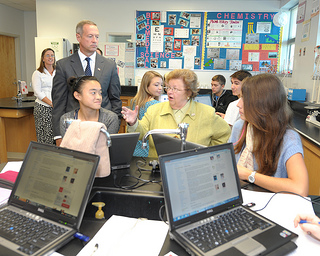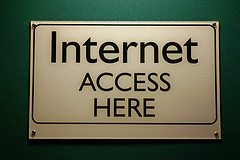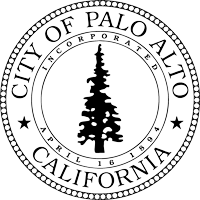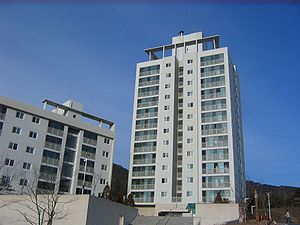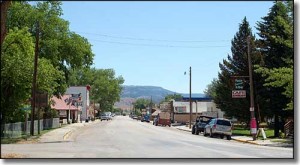Editorial: There is no question that opening up spectrum for rural access will help create more broadband access competition. The problem is that they are still working within the current duopoly business models and regulatory structures. Rural access will benefit from economies of scale. If towns and counties build a common fiber infrastructure and lease it to the communications providers, then the economics of building rural wireline networks greatly improves.
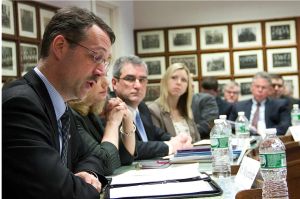
Mark Meyerhofer, the director of government relations for Time Warner Cable’s Western New York office, delivers testimony during the rural broadband field hearing. Meyerhofer testified that geographic isolation and topographic issues make it economically infeasible for Internet service providers to reach many rural areas.
ALBION — Congress came to Orleans County Thursday, as a field hearing called by Rep. Chris Collins drew testimony on rural broadband from national, regional and community-level telecommunications firms.
The House Small Business Subcommittee hearing held in the Orleans County Legislative Chambers lacked the scale of a full Congressional panel, but not in importance.
Representatives of Time Warner Cable, Frontier Communications and Rural Broadband Association offered testimony on FCC regulations, service expansion challenges and the industry’s future opportunities.





